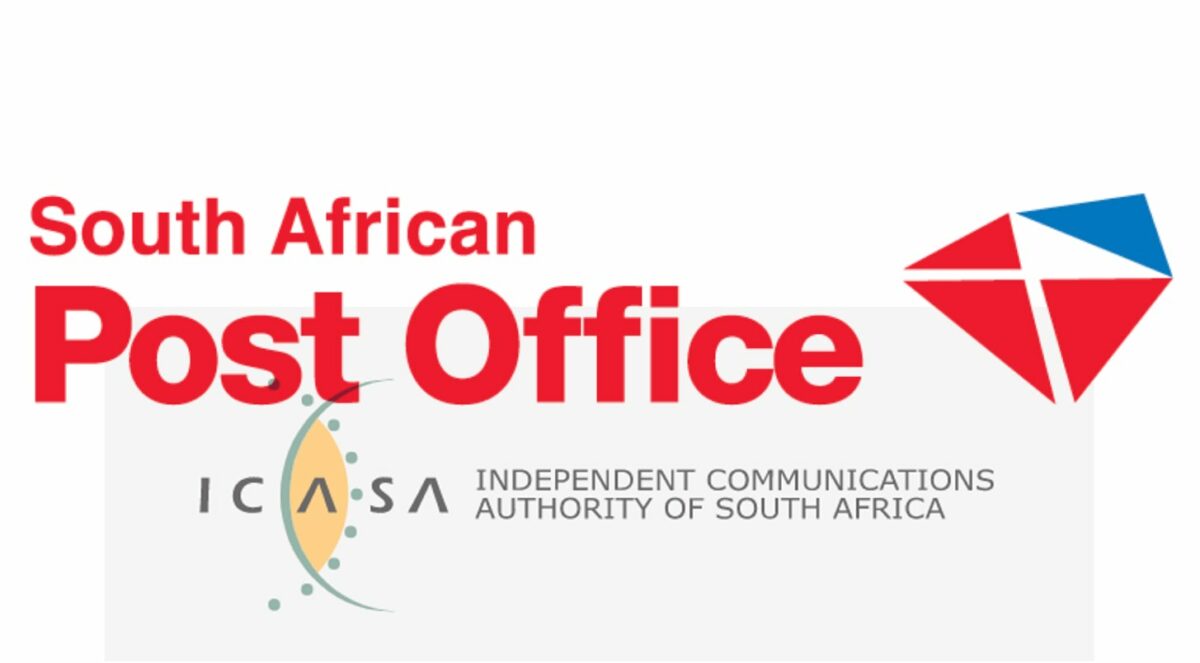It is indefensible that the South African Post Office (SAPO), through the Independent Communications Authority of South Africa (ICASA), seeks to enforce its legislated mail monopoly on items below one kilogram and cut out commercial courier companies. This is because the now-bankrupt entity cannot operate a functional, efficient, and reliable post and parcel delivery service in the first place.
Having finally tabled its long-awaited Annual Report for year ended March 2020, SAPO posted an annual loss of R1.8 billion – up from R1.1 billion the year before – with all indications pointing to an even greater loss for 2021. This is also the last time that SAPO can include the healthy financials of the PostBank, which is required to report outside of the Post Office from April 2020.
The Disclaimer from the Auditor-General for the year under review is the worst possible audit outcome for SAPO and a damning indictment of Minister Stella Ndabeni-Abrahams who must shoulder the blame for SAPO’s financial collapse. Her interference in the operational affairs of SAPO is well documented, including suspending then acting CEO Lindiwe Kwele and removing the Board chairperson for failing to implement the Minister’s instructions around the appointment of key staff.
The contentious issue of SAPO’s mail monopoly has yet to be cleared up. In the year end March 2020, SAPO received a R475 million subsidy to fund its universal service obligation (USO), although SAPO’s legislated mail monopoly on items below 1 kg is meant to meet this obligation.
Despite this support from government, SAPO is intent on having its cake and eating it – securing hundreds of millions in an annual state subsidy while still pushing for its monopoly to be enforced. As SAPO receives a USO subsidy, the rationale for enforcing the postal monopoly falls away. With around 530 branches situated in deep rural and under-serviced communities, this easily quantifiable portion of the entity’s operations is all that should be eligible for government funds.
If SAPO, as it is currently run and with the massive advantage of the biggest retail footprint in the country, cannot compete fairly and profitably in an open market where competition is intense, perhaps it shouldn’t be there at all. For the logistics market sector to function as efficiently as it can, it needs more competition with more players – and certainly not an enforced monopoly.
To avoid an endless stream of billion Rand bailouts year after year, SAPO, like any other business, needs to operate profitably in an open, competitive market. As SAPO claims it cannot meet its mandate without enforcing this monopoly, government must, in the Telkom tradition, seek out private sector partners capable of taking over the business and transforming it into an entity that can meet its mandate – to deliver, whatever it takes. For now, it’s a monopoly or a subsidy; it cannot be both.


How can this even be possible?